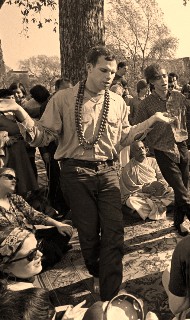 By Newsweek Europe
By Newsweek Europe
“I don’t mean that people have their eyes open or that their brain’s working after they die,” Parnia said. “That petrifies people. I’m saying we have a consciousness that makes up who we are—our selves, thoughts, feelings, emotions—and that entity, it seems, does not become annihilated just because we’ve crossed the threshold of death; it appears to keep functioning and not dissipate. How long it lingers, we can’t say.” Clinically, we understand death to mean the state that takes hold after our hearts stop beating. Blood circulation comes to a halt, we don’t breathe, our brains shut down—and that’s what divides the states we occupy from one moment (alive) to the next (dead). Philosophically, though, our definition of death hinges on something else: the point past which we’re no longer able to return. Those two were more or less the same until about 50 years ago, when we saw the advent of CPR. Today, someone’s heart can stop and they can be dead, and then they can come back.
 By ISKCON-London Communications
By ISKCON-London Communications By Radha Mohan das
By Radha Mohan das By Newsweek Europe
By Newsweek Europe By Kaya Laterman
By Kaya Laterman By Carly Squires
By Carly Squires By Sam Slovick
By Sam Slovick